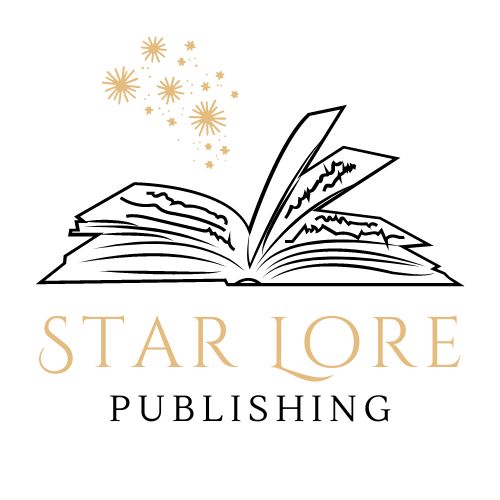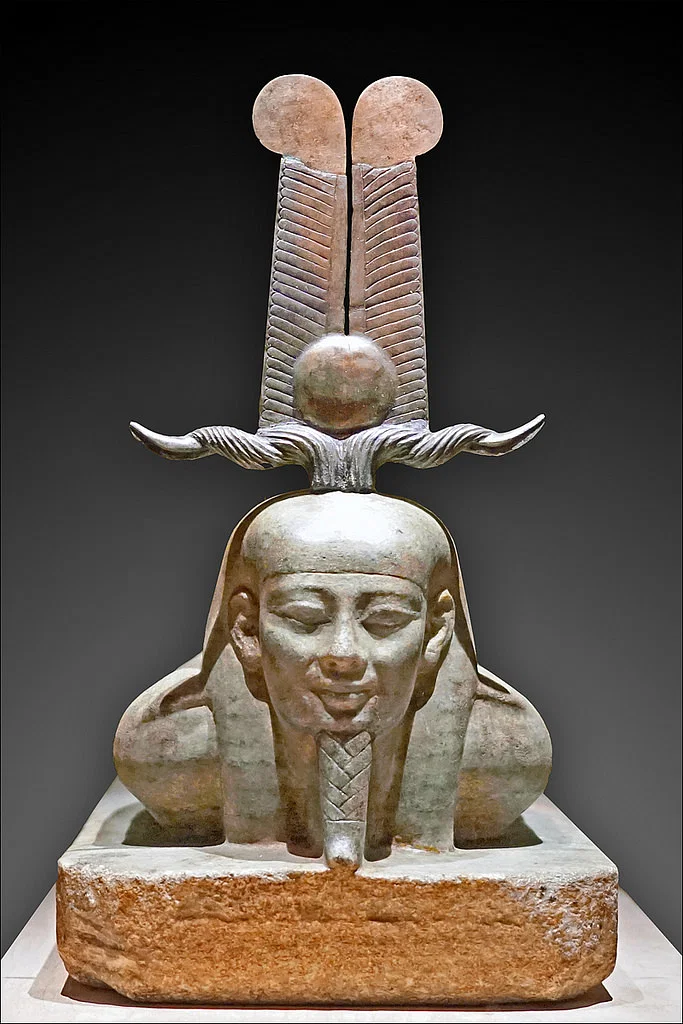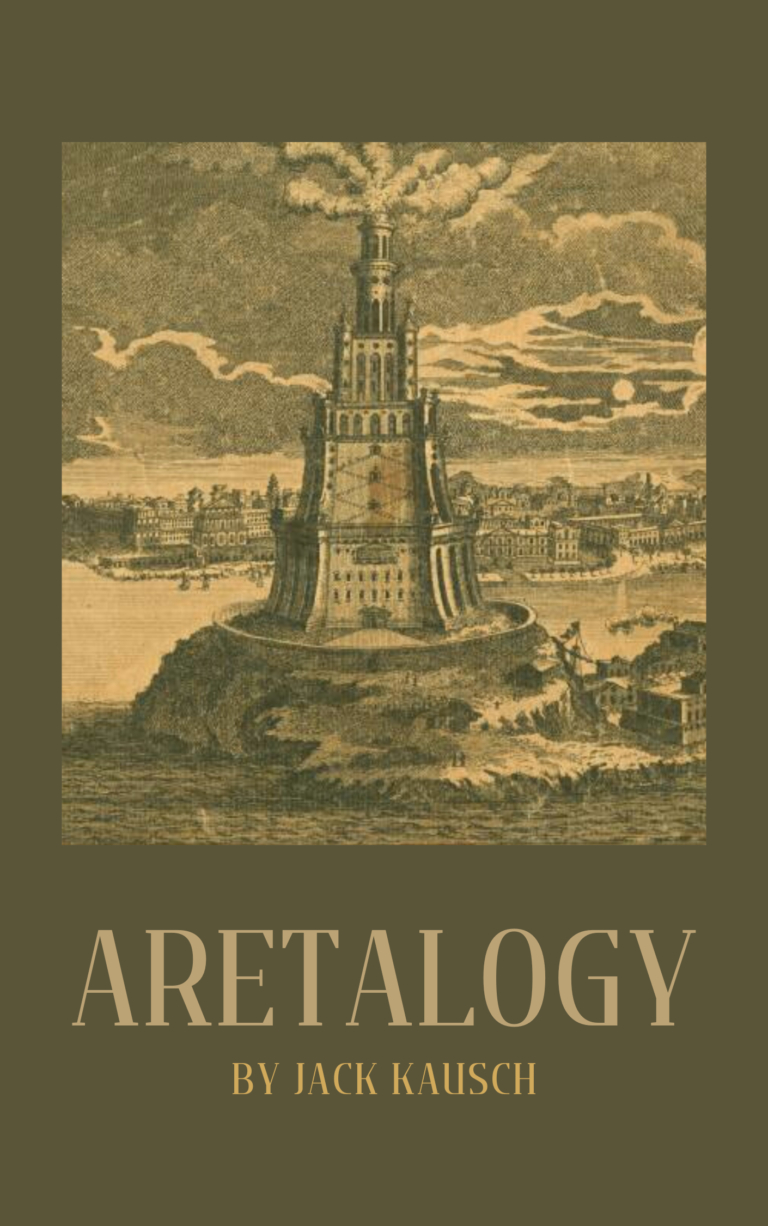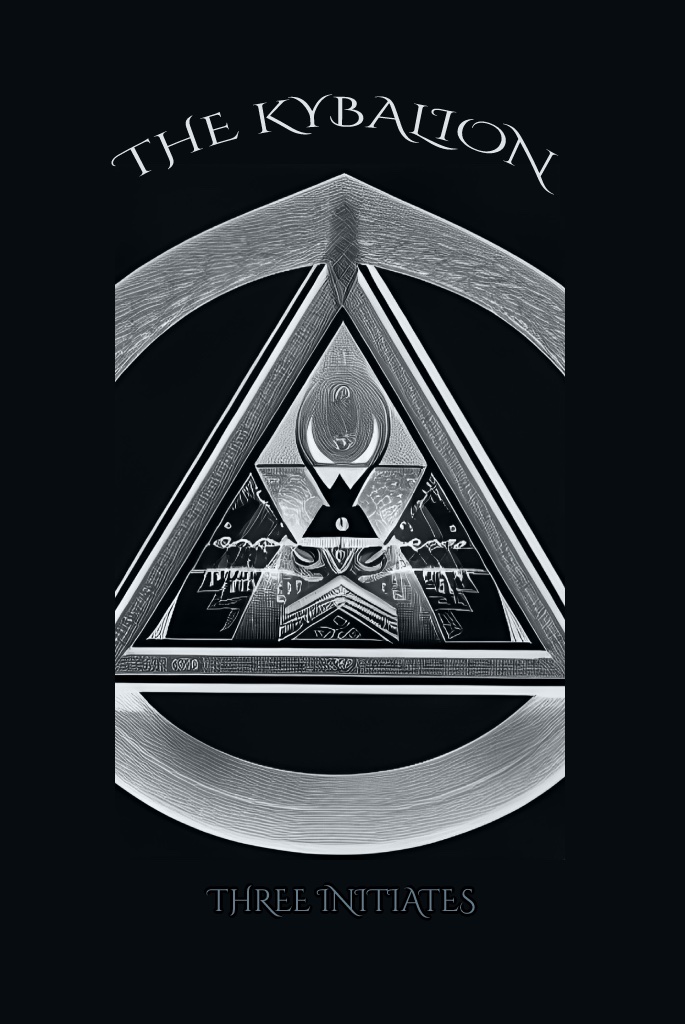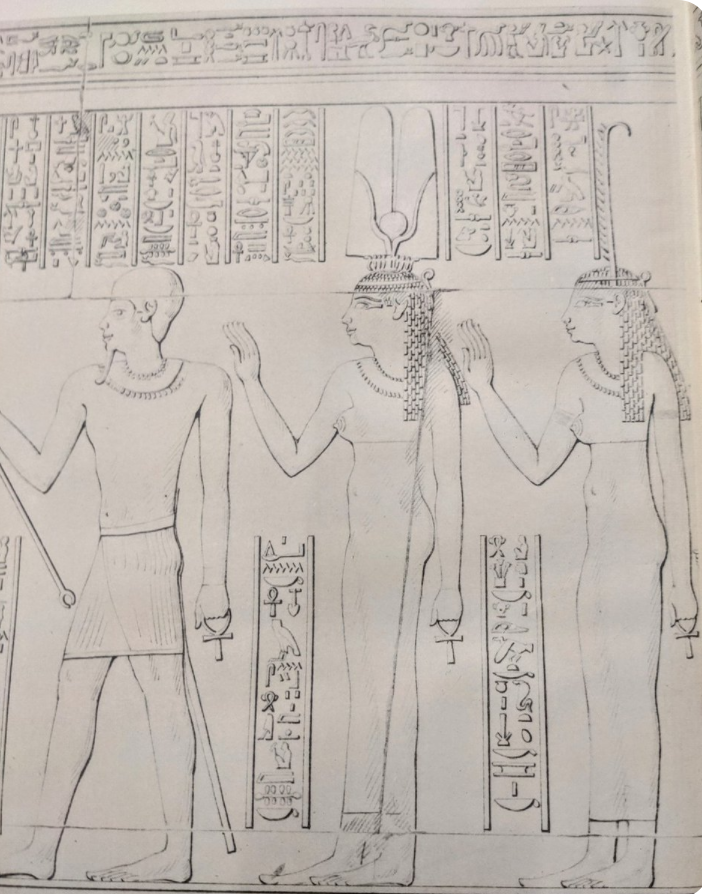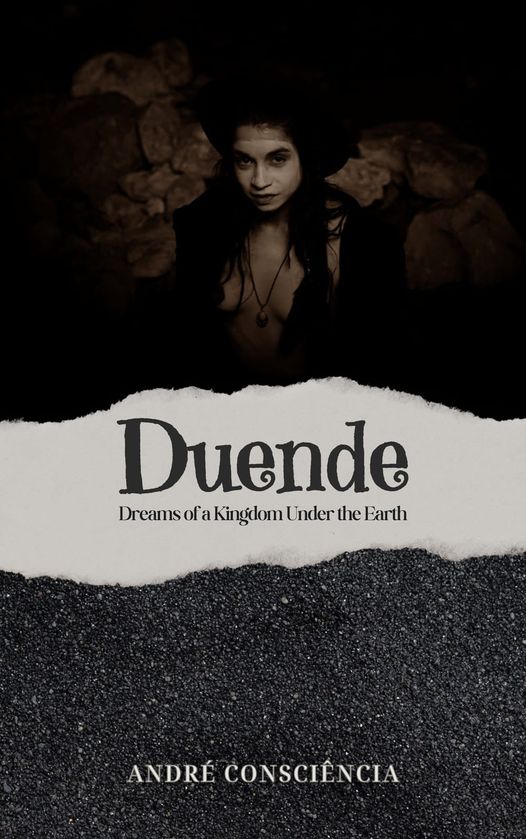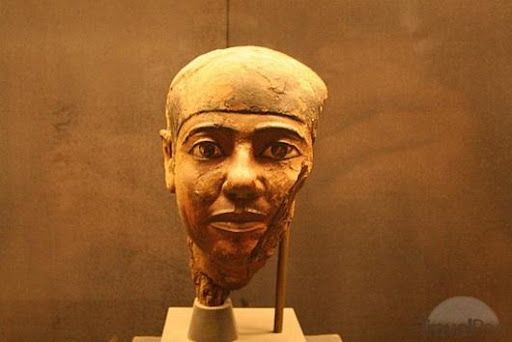Interview with Clint Sabom of “Panic Magic”
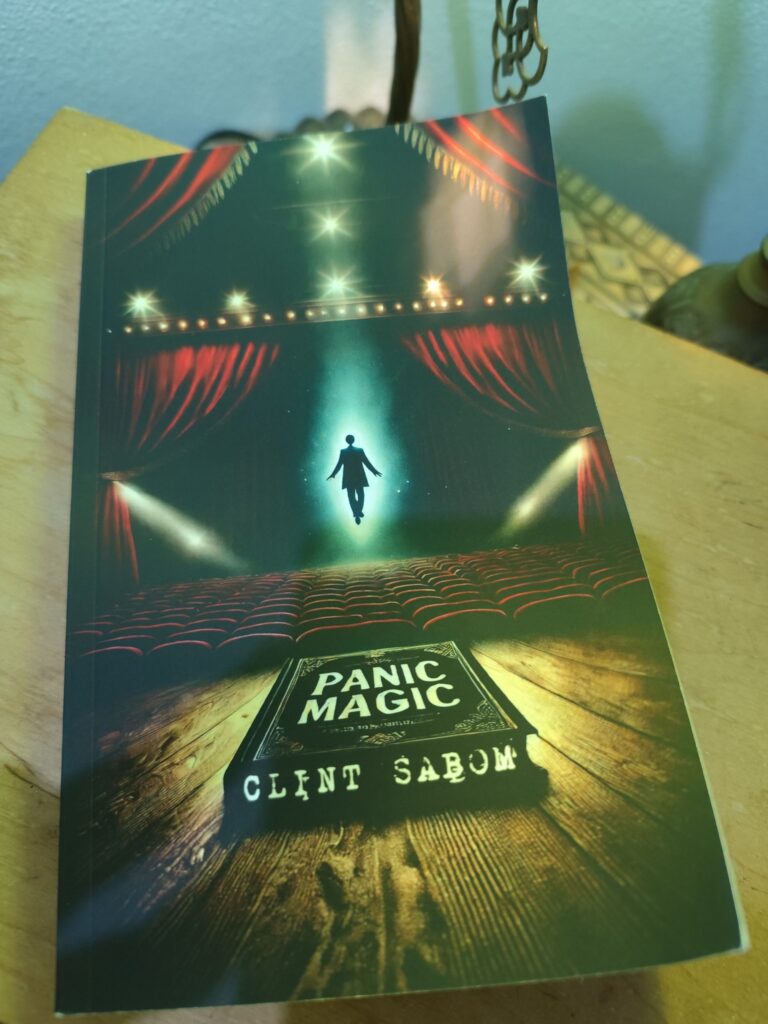
What first inspired you to become a writer?
I have wanted to be a writer all my life. I remember when I was 8 years old telling people that I wanted to be a writer. For most of my life, I have written poems. Many of these poems were given away as gifts to people, and I never pursued publishing them. Other poems of mine have been lost. However, I have published poems with literary magazines, but, in the end, I realized that unless I was a Creative Writing Professor, poems would not make money. That’s when I decided to focus on prose and write Panic Magic.
How has your personal journey influenced your writing?
My personal journey has been very diverse, living in different places, meeting different types of people, undergoing the unique experiences that many eccentrics have. And, of course, I’ve read a lot of books and watched a lot of movies. All of this has influenced my writing.
Do you see yourself in any of your characters, particularly Troy?
I see myself the most in Troy, though different in many respects. In some ways, Troy is much more heroic than me, and in other ways, he is much more tormented. I exaggerated various aspects of an authentic, but ideal, persona. That having said, the book is largely pure fiction.
Your writing explores mysticism and psychology, how do these themes connect to your own experiences?
I think the mystical and psychological are both elements of every human experience. I first encountered a good model for understanding this in Ken Wilber’s Integral Theory. Sometimes, people can be developed in one and not in the other. For me, when I had a spontaneous kundalini awakening over 25 years ago, the spiritual greatly surpassed the psychological. I didn’t have a structure to contain the heightened state of consciousness. It took about ten years to integrate the two, which culminated with me living in a silent monastery.
What was the initial spark behind Panic Magic?
I really just wanted to write a fiction book. Words were flowing out of me, and I had to get them down. I didn’t necessarily even know where the book would lead; it became its own living organism.
The novel deals with the mystical as well as with deep psychological struggles—was that balance intentional from the start?
Yes, I thought mixing trauma with mysticism was a great idea. Many people in my audience who get interested in mysticism also have trauma. I think these two run side by side in a lot of people, including myself.
Can you talk about the concept of the “magnetic fluid” and how it connects to Troy’s levitation?
I encountered the magnetic fluid when working through the steps of Franz Bardon’s Initiation Into Hermetics. I have used it in my own spiritual practices. Bardon talks about the electromagnetic fluid, which I felt for the first time in my arms and hands. But the magnetic fluid has a density, and the idea is to accumulate enough of that density so that it overcomes your body mass and the negatively charged magnetic fluid repels one off the negatively charged force of gravity.
The protagonist, Troy, deals with trauma while possessing an extraordinary gift. What does this contrast say about the human experience?
This life is full of dualities: good and bad, rich and poor, strong and weak, etc. I think the case of trauma and gifts are no different. In fact, I would almost venture to say that everyone who has an extraordinary gift has been traumatized in some way. Life itself is traumatic.
How did you approach writing about trauma and mental health in a way that felt authentic?
I suffered through lots of traumas in my younger years, so I had this to draw from. I also was brought up by a father who was a psychotherapist. So from an early age, I’ve been well-versed in mental health. I also have a lot of clients in my coaching business that are both spiritually strong but have mental health issues. I took a lot of psychology classes in undergrad. It’s also been a passion of mine to read psychology and self-help books.
The novel references occult teachings and esoteric practices, how much of that comes from your own research or beliefs?
I’ve been a mystic ever since my kundalini awakening, and both the mystical traditions of the major world religion as well as other mystical systems have been important to me. I’ve been meditating for a long time. An important piece was discovering Franz Bardon’s Initiation Into Hermetics, and I’ve worked through all ten steps in the book. It took me seven years, and I consider that book to be a lifetime process: worked again and again.
Your prose has a poetic, almost surreal quality. How did you develop your writing style?
I’ve very influenced by the French Surrealist Andre Breton. His prose writing, especially his book Soluble Fish, flow beautifully in a surreal way, much more surreal than anything in Panic Magic. In fact, I consider Panic Magic to be fairly linear in its flow. There is a cohesive plot that is grounded in essentially a real world situation. I’m also influenced by the horror writer Clive Barker.
Panic Magic seems to challenge traditional narrative structure. What inspired you to write in this way?
Hmm. I didn’t realize it did challenge it that much. There are certainly episodes where Troy slips into Surrealist vision, but in general the narrative structure seems linear, at least in my opinion.
What role does death play in the novel? How do the “death meetings” reflect Troy’s inner world?
Essentially, all fear is fear of death. Confronting the fear of death can lead one to become less scared about other fears. Troy’s therapist suggests the meetings, because he thinks they will help Troy deal with his anxiety and fear.
Would you describe Panic Magic as a work of magical realism, psychological horror, or something else entirely?
The term magical realism fits. However, there is so much of the supernatural element in the work that Urban Fantasy is a better descriptor. At least, I think that’s what the publishing industry would think. There are not enough horrors, and there are too many spiritual things for it to be considered psychological horror.
What do you hope readers take away from the novel?
I hope they receive joy! And inspiration, too. I think they will undertake in both the mystical and the mundane in this work. Most importantly, other to entertain and inspire, I hope it gives readers a deep sense of acceptance of life as a whole.
What was the most challenging part of writing Panic Magic?
Getting started! I had to have at least some inkling about where I would take the readers in this book before getting started. But, really, once I started writing sentences in my mind, I knew it was time to put pen to paper. And once I did that, it flowed out pretty smooth.
What kind of research, if any, did you do for the book?
None. Any research that might apply to the book is something I already had in me.
If Panic Magic were adapted into a film, who would you envision playing Troy? Wow. Who knows?
If Owen Wilson wanted to do a non-comedy film, this might be good for him. Also, Woody Harrelson might make a good fit.
Are you working on any new projects right now?
Yes, I have briefly started a second book, but I’m moving through it very slowly.
What’s the best piece of advice you’ve ever received about writing?
Stop procrastinating. That was a big part of taking Creative Writing classes in undergrad: it forced me to write.
